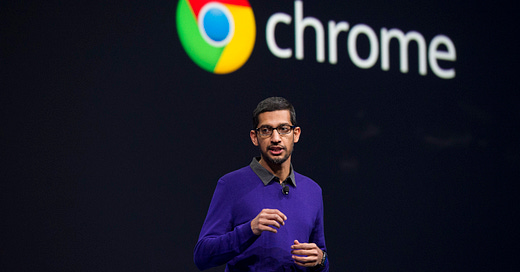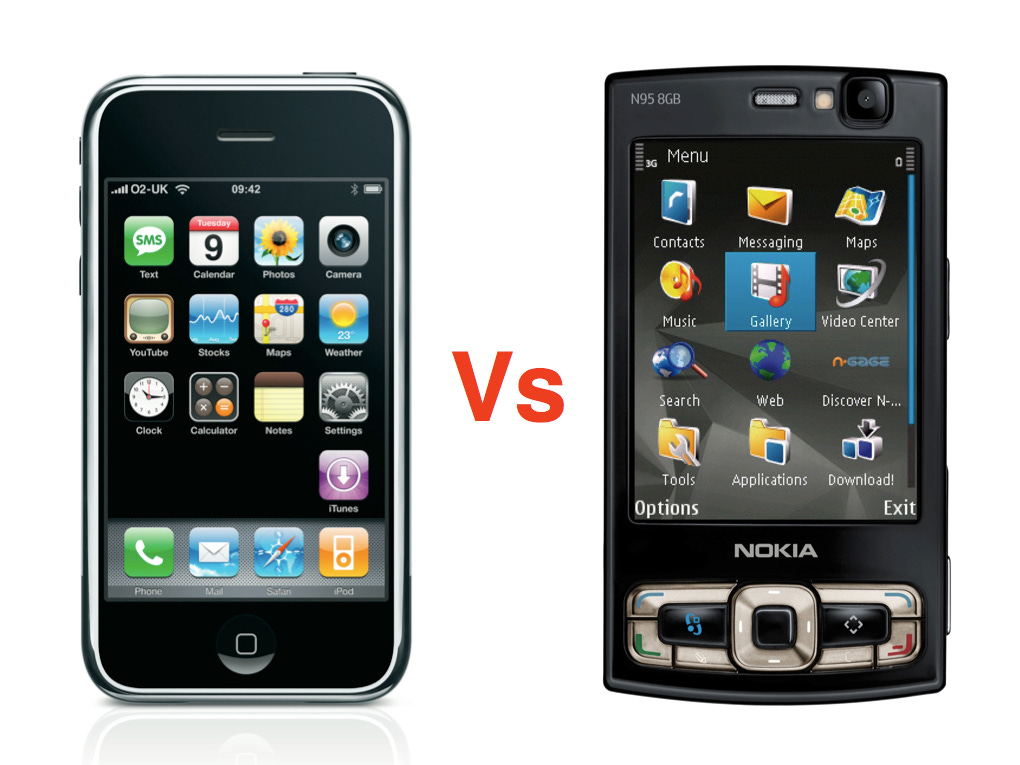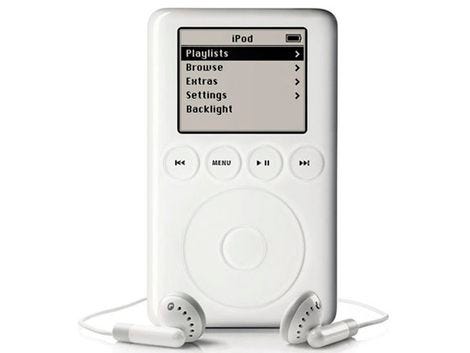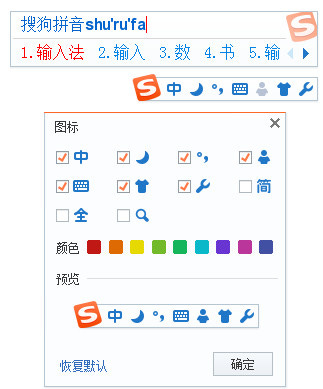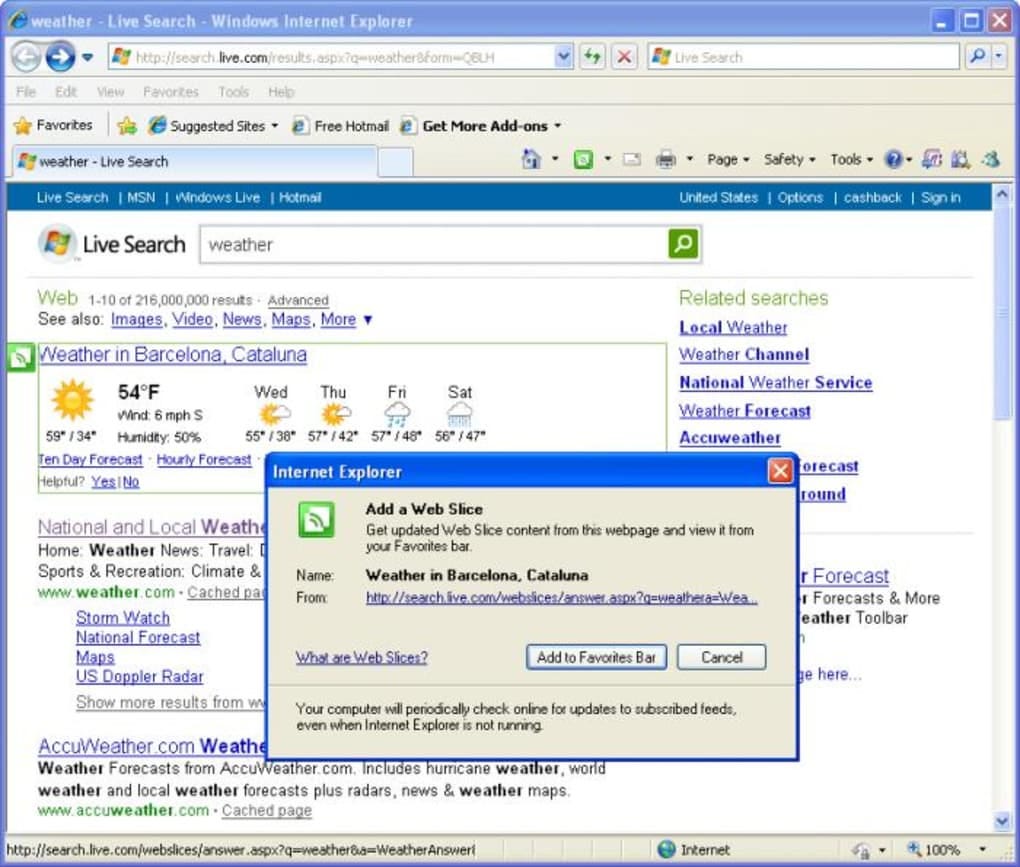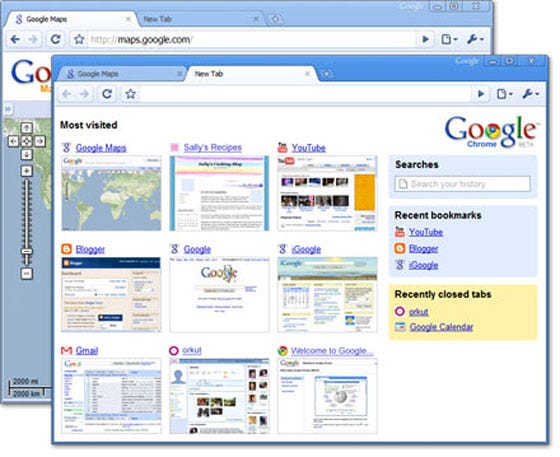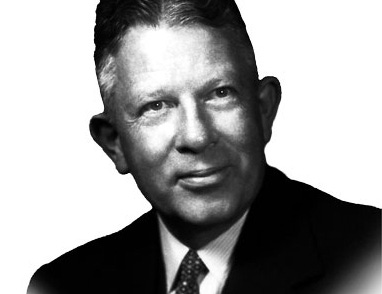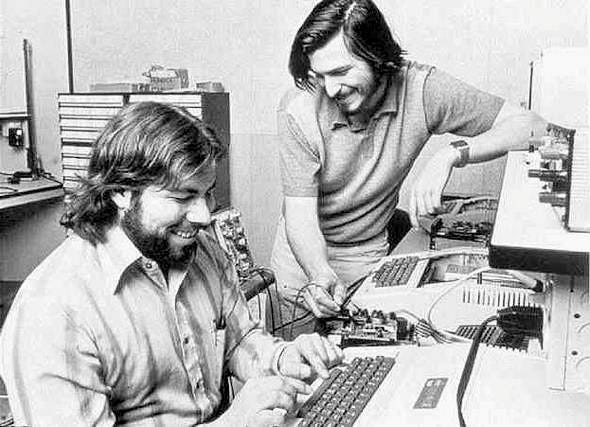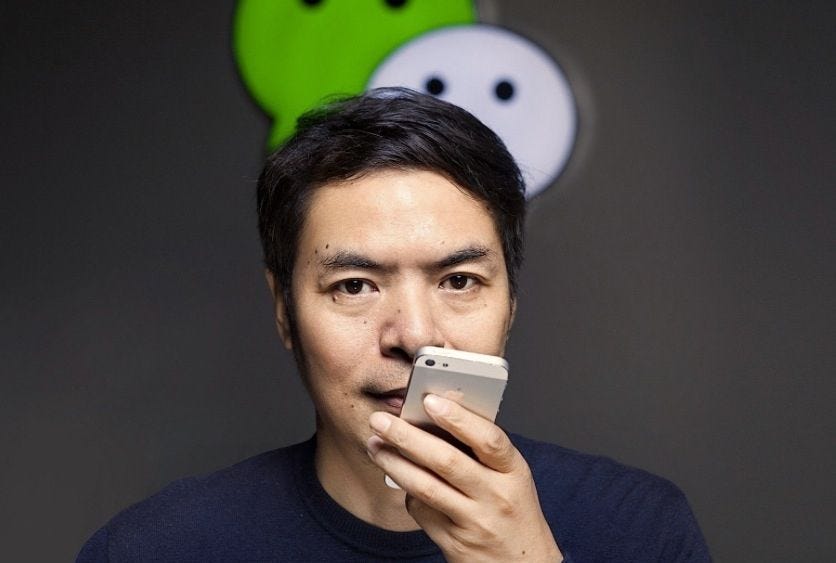#002 - Product Management Lessons by Meituan Co-Founder - Pt 2: Products, Product Managers
PMs maketh products
👋 Hi! I’m Tao. As I learn about building products & startups, I collected some of the best content on these topics shared by successful Chinese entrepreneurs. I translate and share them in this newsletter. If you like more of this, please subscribe and spread the word!
Let’s get you up to speed:
This article is part of the “Product Management Lessons by Meituan Co-Founder” series. You can see part 1 here.
I. Successful and Failed Products
For every successful product in a category, there are correspondingly numerous failures. From my personal experience, the ratio of success to failure is about 1:30. There are many reasons for failures. Some products got some things right while others didn't even get a single thing right. Let's look at some examples.
Nokia vs. iPhone
Nokia was the best brand in the mobile phone industry up until the early 2000s. But in 2007, the iPhone became the most successful mobile phone product. In the mid-2000s, when smartphones began to emerge, Nokia completely ignored the signs, so they were replaced by iPhones.
MPMan vs. iPod
iPod was not the first portable music player. In fact, all the examples of successful products here were not the first product in the category.
Kik vs. WeChat
WeChat copied from Kik, and it's not even the first product to copy from them - there was Miliao before it. Of course, we know who's the most successful.
(Note: see more)Smart ABC vs. Sogou Input Methods
People were pretty happy with Smart ABC, and it was once the most popular input method in China. However, after Sogou came along, people looked at Smart ABC and went: "What the hell was I doing with this?"
(Note: I’ve written a short story for context)Internet Explorer (IE) vs. Google Chrome
IE's failure is not as clear cut as previous examples. When Google Chrome started, the mainstream operating system was Windows, and IE is Windows' native browser. It was extremely difficult for Chrome to beat IE since there is a high switching cost. For that reason, Chrome can be considered a smashing success. Microsoft even uses Google's browser engine for their new browser Microsoft Edge and Microsoft is discontinuing IE.
In almost every major industry, the ultimate success is usually not the first player. Google was not the first search engine. The Google co-founders have been told that they were in over their heads - the search engine game was done. Tesla was not the first to make electric cars. The first electric cars were built in the late 19th century and early 20th century. Tesla Roadster is 100 years behind the first product. All these go to show that technology may not be the bottleneck, and the key lies with the product managers.
II. Great Product Managers
Neil McElroy
Neil McElroy was the first product manager in human history. He was a manager at Proctor and Gamble's (P&G) Promotion department. Frustrated with the existing management system, McElroy wrote his famous "5/13/31 memo", proposing P&G to switch to a brand-based management system. Under the new system, each brand has a dedicated budget and a "brand man" who takes full responsibility for the brand - each brand would have a fair shot at success in the marketplace.
The idea of brand managers in many ways informed the modern-day product manager role. McElroy went on to become the president of P&G and later the United States Secretary of Defense.
(Note: see more)
Steve Jobs
Most people are familiar with Steve Jobs and the iPhone, but his first successful product was the Apple II, which he developed with Steve Wozniak. They even managed to bring Apple to IPO with just that product. Before Apple, personal computers (PCs) were for the military and enterprises, and IBM dominated the market. Jobs and Woz thought the PCs were great ("bicycle for our minds"), but they were too expensive, so they built their own with off-the-shelf parts. They were also the first to bet on the graphical user interface (GUI).
Allen Zhang (张小龙, Zhang Xiaolong)
Allen's first product was Foxmail, his second product was QQ Mail, and his third product was WeChat. WeChat is not just a product today, it's an entire ecosystem - payments, QR codes, and countless other features that combined really well together. Allen is a god-level product manager in China.
Sundar Pichai
There's something unusual about Pichai. Many product managers came from a programming background - Allen Zhang wrote Foxmail himself. Pichai studied metallurgical engineering and started his career as a materials engineer. He joined Google in 2004 and led the development of the Chrome browser. Building a browser is highly technical - it's no less than building a mini operating system, so the fact that Pichai made Chrome successful is very impressive.
He's now the CEO of Google and Alphabet. The fact that they didn’t choose someone for the search business and Pichai isn’t technical further highlights how impressive he is.
III. How to think about this PM Course and the role of a product manager?
I hope my course can be understood by any college freshman who just graduated from high school, and there's no prerequisite knowledge. As you can see from the examples, becoming a great product manager has no direct relationship with what you major in - Neil McElroy studied economics and Sundar Pichai studied metallurgical engineering.
Good Qualities to Have
I think to be a great product manager, what matters most is your value system (三观 “Three views”: world view, values, outlook on life). Your value system should align with what the industry requires, otherwise, you won't go very far.
Product management is a profession that requires lifelong learning. If you only want to learn the tradecraft, you can master it after a while. Product management requires cross-disciplinary thinking to solve new problems that pop up all the time. If you confine your knowledge system and development path, you're unlikely to achieve much as a product manager.
Specialists AND Generalists
Product managers need to be both.
On specialization, a PM for e-commerce differs greatly from a PM for communications. Tencent is a pretty great product company, but they just can't get short-videos and information products right despite heavy investments of capital and manpower - they're no match for ByteDance or KuaiShou.
It shows that the PMs at Tencent may not have the specialization required for short-videos and information products. When a product manager who's been successful in one field changes to another, the methodology that worked for him/her may not work anymore.
Generalization is also very important. From making soap to being the Secretary of Defense, Neil McElroy worked two different jobs. But was there anything in common?
If a product manager can develop the ability to quickly grasp the crux of the matter, s/he can quickly get started in other domains. What we focus on for this course is the generalist stuff - things that ring true across the Internet industry and can be applied broadly. The core competence of product managers is in the methodology. If they can master the correct methodology, they will have cross-domain versatility.
Founder PMs vs. Professional PMs
This is something I came up myself. All the previous examples are Founder PMs.
We have about 2,000 PMs in the whole of Meituan and about 300 PMs in the food delivery business. PMs have many different levels, and even on the same level, PMs with different titles can have vastly different job scope. The PM who is responsible for the life and death of the delivery business is the Founder PM. All the PMs under him who are responsible for specific functions are Professional PMs. Most PMs start their career as Professional PMs. A few people, due to special circumstances, started out as Founder PMs, like me.
These two types of PMs have different competencies. The four documents that PMs need to write (BRD - Business Requirements Document, MRD - Market Requirements Document, PRD - Product Requirements Document, FSD - Functional Specification Document) - I have no idea how to write them. But for Professional PMs, your life would be difficult if you don't know how to write them.
We shouldn't try to separate these two types too much. Even if you start as a Professional PM, you should have the mentality of a Founder PM from day 1. So the combo is Professional PM's professional skills + Founder PM's mentality. In this course, we focus on Founder PM stuff. Most established companies should have pretty good training for Professional PMs.
If you remember nothing else from this course, remember this: the product manager is the closest position to the CEO, provided that you have the attitude and the mentality to be a Founder PM.

